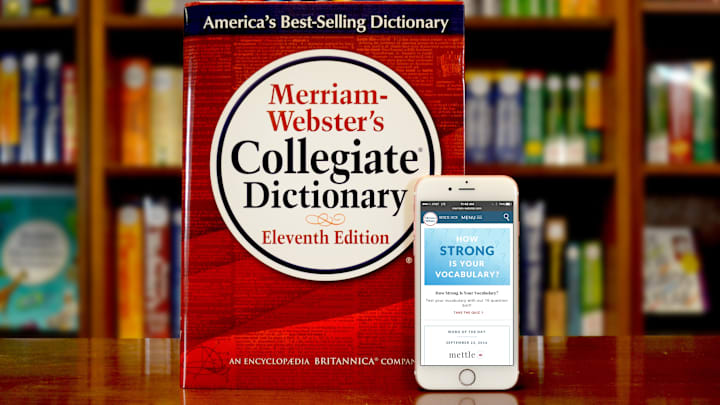The Role of Reading in Building Vocabulary

Reading plays a crucial role in building vocabulary, offering a rich and engaging way to encounter new words and phrases. Engaging with books and other written materials provides readers with exposure to diverse vocabulary, enhances language proficiency, and contributes to effective communication skills.
One of the primary ways reading builds vocabulary is through exposure to new words in context. Books, especially those that cover a wide range of topics and genres, introduce readers to words they might not encounter in everyday conversation. Encountering new vocabulary within the context of a sentence or paragraph helps readers understand the meaning and usage of the word. This contextual learning is more effective than rote memorization, as it allows readers to see how words function within the flow of language.
Reading also enhances vocabulary retention by providing repeated exposure to words. Encountering the same words multiple times in different contexts reinforces their meanings and usage, making it easier for readers to remember and use them correctly. This repetition solidifies the words in the reader's memory and increases their confidence in incorporating them into their own speech and writing.
Moreover, reading a variety of genres and subjects expands a reader's vocabulary in multiple areas. Fiction, non-fiction, poetry, and technical texts each offer unique vocabulary and language styles. By reading across different genres, readers can build a well-rounded vocabulary that covers a broad spectrum of topics. This diverse vocabulary is essential for effective communication, as it allows individuals to express themselves clearly and accurately in various contexts.
Reading also improves language proficiency and fluency, which are closely linked to vocabulary development. Engaging with complex texts and sophisticated language structures challenges readers to decode and comprehend advanced vocabulary. This cognitive engagement enhances their ability to process and understand new words, contributing to overall language proficiency. The more proficient readers become, the easier it is for them to learn and retain new vocabulary.
Furthermore, reading fosters a deeper understanding of word nuances and connotations. Many words have multiple meanings or subtle connotations that can vary depending on context. By reading extensively, readers can observe how words are used in different situations and understand their nuances. This deeper understanding allows readers to choose words more precisely and effectively in their own communication, enhancing their expressive abilities.
Reading also promotes active learning and curiosity about language. When readers encounter unfamiliar words, they are often motivated to look them up and learn their meanings. This active engagement with vocabulary fosters a love of learning and a proactive approach to language acquisition. The habit of looking up new words and expanding one's vocabulary becomes a natural part of the reading process, contributing to lifelong language development.
In addition to improving vocabulary, reading enhances overall communication skills. A rich vocabulary allows individuals to express their thoughts and ideas more clearly and persuasively. It enables them to articulate their emotions and opinions with greater precision and impact. Effective communication skills are essential for success in both personal and professional contexts, making vocabulary development through reading a valuable asset.
Reading also supports academic and professional development by providing the language tools needed for advanced study and career advancement. Many academic disciplines and professional fields require specialized vocabulary and technical language. Reading subject-specific texts helps individuals acquire the terminology and language skills necessary for success in their chosen fields. This specialized vocabulary is crucial for effective communication and comprehension in academic and professional settings.
In conclusion, reading plays a crucial role in building vocabulary by providing exposure to new words in context, enhancing vocabulary retention, expanding language proficiency, fostering an understanding of word nuances, promoting active learning, and improving communication skills. Engaging with a variety of books and written materials enriches vocabulary and contributes to effective and precise communication. By making reading a regular part of their lives, individuals can enjoy the numerous benefits of a rich and diverse vocabulary, enhancing their language abilities and overall communication skills.